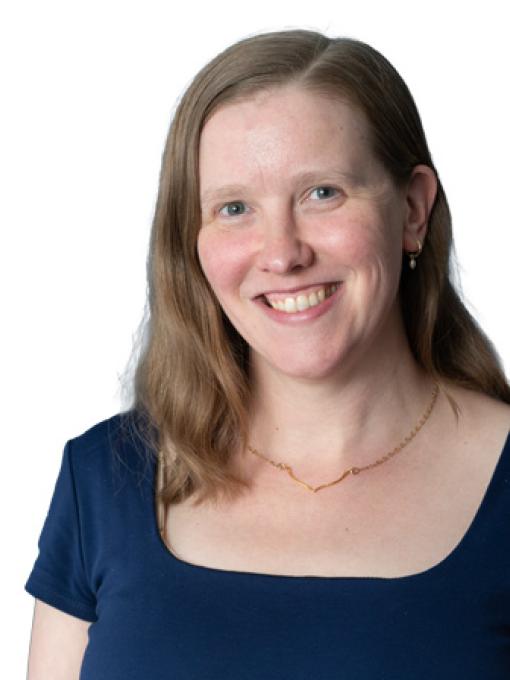“The powerful play goes on, and you may contribute a verse.”
In March 2021, with a stroke of the pen, President Joe Biden transformed what’s possible for millions of people in the United States this year. The American Rescue Plan’s enactment will cut child poverty in half, help industries and workers suffering through a pandemic economy, and make necessities like food, health care, and housing more affordable. (Read FCNL’s statement and get more details on the bill from the Center on Budget and Policy Priorities.)
Of course, the legislation isn’t perfect. It’s a stopgap to meet the enormous needs in our country right now. And, even as we set our sights on the next hurdle for economic justice, we can take a moment to acknowledge the remarkable thing that’s happened, and to appreciate the many contributions that led to this bill’s passage.
President Biden’s signature was only possible because of the work of many, many people. From Rep. Rosa DeLauro’s (CT-3) two decades of advocacy for the Child Tax Credit expansion, to Stacey Abrams and all those who worked for election integrity in Georgia, to the congressional staff who translated policy outcomes into legislative language, there were countless contributions that helped this legislation become law.
To make powerful change, we all contribute.
Many groups, FCNL among them, put their strategic and organizing energy into ensuring the plan would meet the country’s needs and gain congressional support. FCNL played a particular leadership role in the faith community; as one example, we helped organize 40 leaders to urge expanded access for the Earned Income Tax Credit, a request that was included in the final bill. Through work in the media and direct lobbying, our network made the case with both Republicans and Democrats for economic assistance focused on those earning the least.
To make powerful change, we all contribute. The American Rescue Plan didn’t come about just through the work of legislators and those working in politics. It also came about because thousands of people wrote letters, lobbied, and shared their experiences with lawmakers. It came about because people supported organizations that were making the case for comprehensive government help. It came about because of the ripples set off by every conversation, article, and frustrated plea to do something better.
None of us can make these changes on our own. But, grounded in what could be, we can each contribute our verse—or our line, or our word—towards something that makes a material difference in millions of peoples’ lives.
